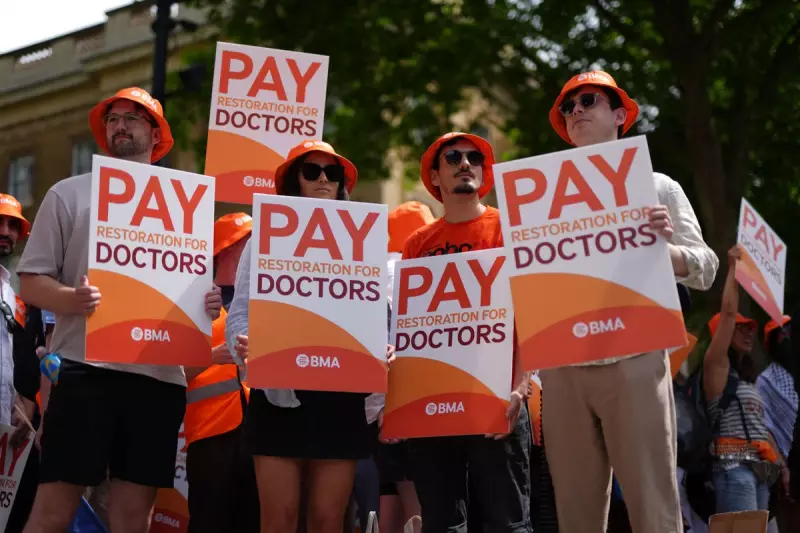
Junior doctors in England have walked out on a five-day strike, marking one of the longest industrial actions in NHS history. The British Medical Association (BMA) has called for a 35% pay rise to address years of real-term pay cuts, but negotiations with the government have stalled.
Why Are Junior Doctors Striking?
The BMA argues that junior doctors have seen their salaries eroded by over 26% since 2008 due to inflation. With rising living costs and gruelling workloads, many feel undervalued and overworked. The government has offered a 6% pay increase, but the BMA insists this is insufficient.
Impact on NHS Services
The strike is expected to cause significant disruption, with routine appointments and non-emergency surgeries likely to be postponed. Hospitals will prioritise emergency care, but patients are advised to expect delays.
Government and Public Reaction
Health Secretary Steve Barclay has criticised the strike, calling it "unreasonable" during a period of economic strain. However, public opinion remains divided, with many expressing sympathy for junior doctors' demands.
What Happens Next?
With no resolution in sight, further strikes could be announced if negotiations fail. The BMA has warned that without fair pay, the NHS risks losing more junior doctors to overseas opportunities or burnout.





